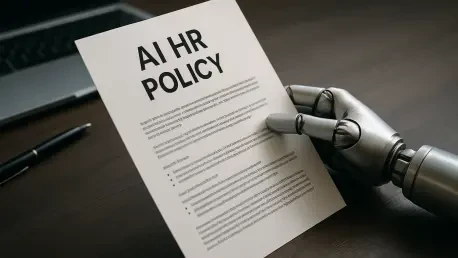
Short introductionToday, we’re speaking with Sofia Khaira, a renowned specialist in diversity, equity, and inclusion, who has dedicated her career to transforming talent management and fostering inclusive workplaces. With her extensive expertise in HR practices, Sofia offers invaluable insights

Introduction to I-9 Audits and ICE Enforcement Challenges Imagine a bustling construction site grinding to a halt as U.S. Immigration and Customs Enforcement (ICE) agents arrive unannounced, demanding immediate access to employee records with only a 72-hour window to comply. This scenario is

As the landscape of work continues to transform, human resources (HR) professionals find themselves at the forefront of navigating an intricate web of policy shifts and technological advancements that are reshaping employer-employee dynamics. Recent developments have spotlighted significant

In a bold move to reshape its workforce and drive growth, Lloyds Banking Group, one of the UK's leading financial institutions, has embarked on a significant performance overhaul that could impact thousands of employees. This initiative, part of a broader £4 billion investment strategy spanning

I’m thrilled to sit down with Sofia Khaira, a renowned specialist in diversity, equity, and inclusion, who has dedicated her career to transforming workplace cultures. With her extensive expertise in human resources, Sofia has been instrumental in guiding businesses to create environments where

What happens when a cherished regional soda brand, known for its cherry-flavored fizz, lands in hot water over a federal lawsuit alleging disability discrimination? In Colfax, North Carolina, Piedmont Cheerwine Bottling Co. faces serious accusations from the U.S. Equal Employment Opportunity